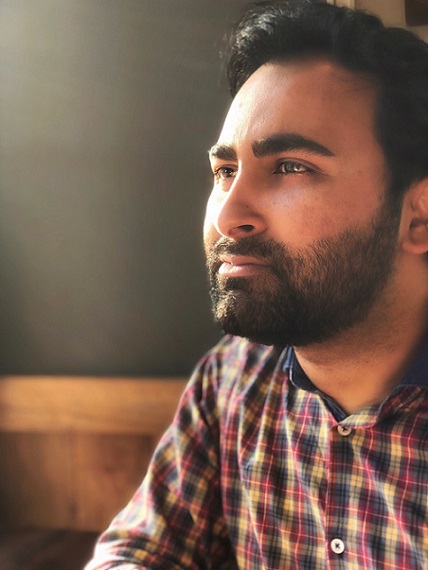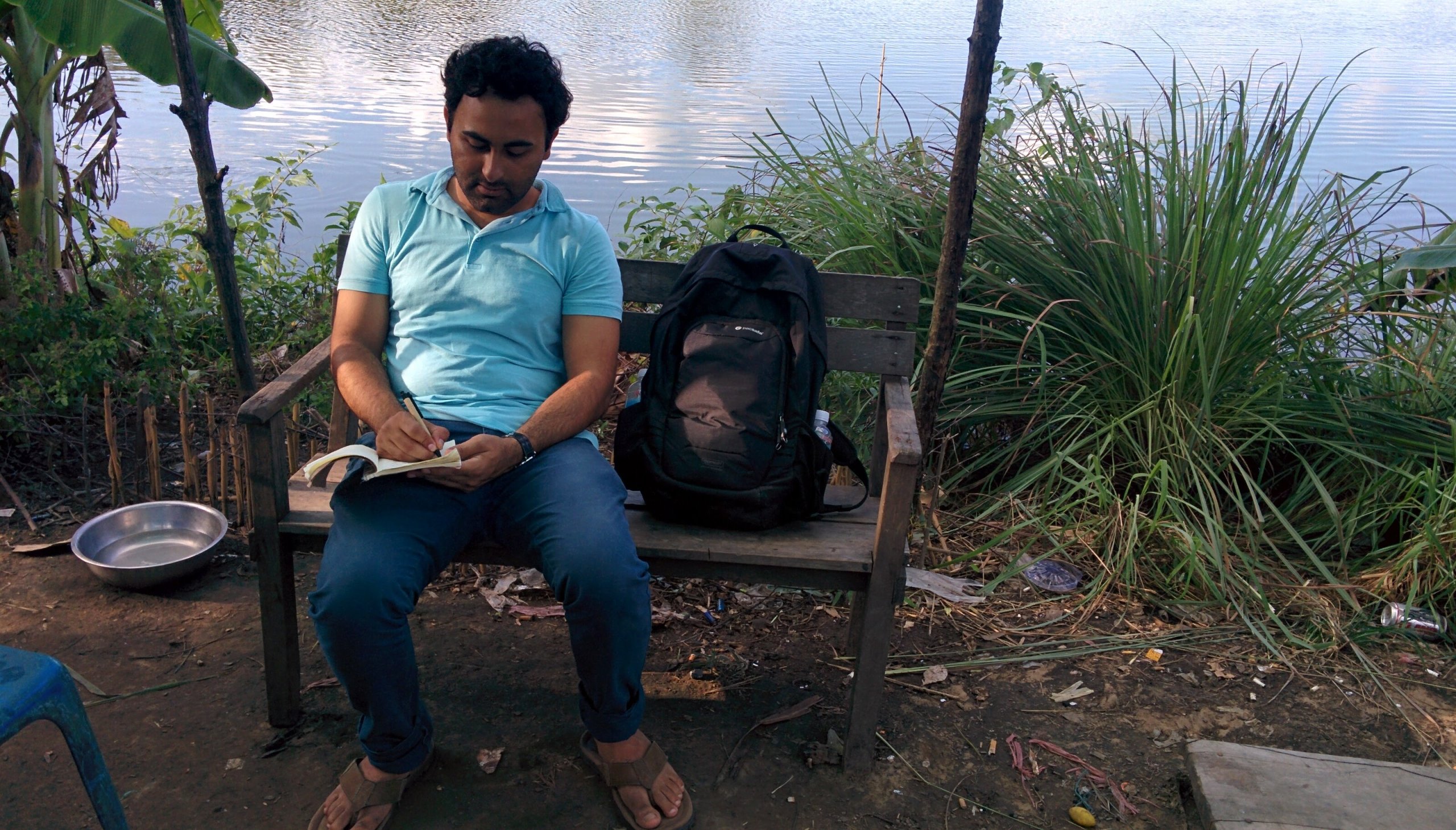SEAwise involves a team of researchers from 24 universities and research organisations across Europe. Coming from a range of backgrounds and disciplines, together they are working to build a new knowledge base for effective implementation of Ecosystem Based Fisheries Management (EBFM) in Europe.
We recently spoke to a number of them about what drives them in this space, and what excites them most about their work within SEAwise!
How is EBFM important to you?
EBFM is important to me because of its potential to steer EU fisheries towards being truly sustainable, and I feel it is seen as a legitimate and agreed-upon approach to govern fisheries in the EU. I think we need to build on this to make EBFM more relevant, useful, and effective. As a trained biologist, I appreciate the importance of having a deep understanding of ecosystems and the complex interactions between environmental factors. At the same time, as a trained social scientist, I think we need to have a more socially contextualised EBFM, to understand the social system under which it is applied and account for the impacts of management on people and communities.
Which aspects of EBFM interest you most, and why?
Within EBFM I find the aspect of stakeholder engagement to be interesting because it really reveals the complexity and challenge of implementing sustainable fisheries under EBFM. Finding ways for scientists, policymakers, fishers, and local communities to collaborate and bring together their knowledge and perspectives, to agree or come to a consensus is not always easy, but an exciting challenge nonetheless. Related to this, trade-offs (for instance, balancing conservation with economic livelihoods) and conflicts are another aspect of EBFM which acknowledges that achieving all goals simultaneously can be challenging. Getting insights into this requires talking to all kinds of people and, as a social scientist, that’s always interesting!

How do you think your work in SEAwise will improve EBFM?
Along with my SEAwise colleagues, I am part of the team focusing on ‘Social and Economic Effects of and on Fishing’, specifically I am co-leading the task of identifying key criteria for fisheries governance to be effective. In this task, we have created and deployed an expert elicitation survey which has been sent to over 300 respondents involved within fisheries management in the EU, if you would like to participate in the survey click here. Alongside this, we are developing regional sub-cases to understand what is needed for fisheries governance to be effective at a local or regional level. We hope our work will result in a set of recommendations that could provide insight on the ‘key ingredients’ necessary to make fisheries management more effective within EU fisheries at all scales. In doing so, we see our work adding more of the social science and human dimension to EBFM.
What future work by SEAwise are you most excited by?
Our work goes beyond just fisheries science and investigates how we can make EU fisheries management more effective, which fundamentally requires us to better understand: how decisions are made (or not) within institutions, how things (actors, knowledge, decisions) are ‘made’ legitimate, who is at the table (or not), how well coordinated (or not) EU fisheries management processes are, etc. By answering these kinds of questions, we can gain insights into what areas of the regional fisheries governance system needs attention and identify leverage points to improve the effectiveness of fisheries management, supported, and informed by fisheries science. I’m looking forward to the point in the project where all the various teams across the project start to merge their findings and insights together. I think that’s where we will start to see all the pieces coming together, which is exciting!

“A key SEAwise highlight for me has been meeting all the wonderful people involved in the project at the in-person Annual General Assembly and getting to know them and their work.“
Furqan comes from an interdisciplinary academic background (biology/environmental science and international development) and has gone on to focus on interactions between humans and the sea. This started by looking at management effectiveness of marine protected areas – MPAs – in the Philippines. He then undertook his PhD on coastal fishing communities in Cambodia, where he looked at the intersection of livelihoods, social wellbeing, and migration of coastal villagers. Furqan went on to expand his research towards aquaculture governance and engaged with the area of environmental governance more generally. As part of his current role his focus is on EU fisheries governance; marine biodiversity and resilience; and the human dimension of EU fisheries management processes.
Our dynamic network of fisheries stakeholders is key to SEAwise’s work. We are actively seeking representatives from key management agencies, the fishing sector, NGOs and the scientific community to take part in workshops and other in-person or online knowledge-gathering activities. The shared insights and lived experiences of network members will support the development of a comprehensive understanding of the needs and priorities of a diverse range of fisheries stakeholders, and how to fulfil these.
Stay up to date with SEAwise news and research, hear about upcoming events, and receive updates on fisheries news from across the European seascape.